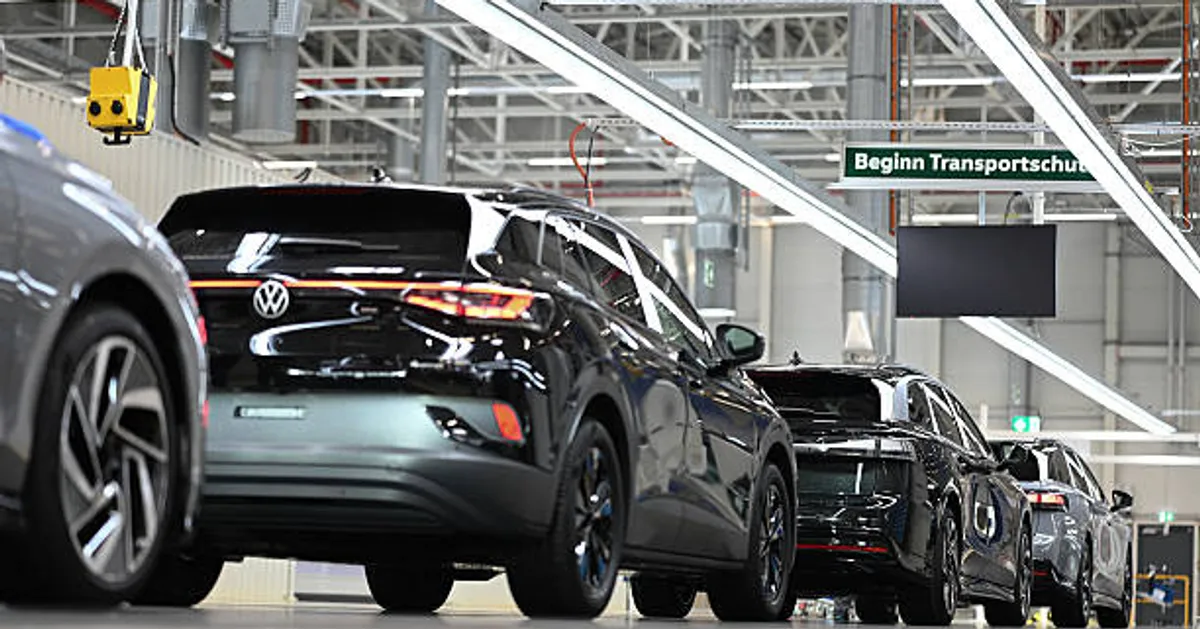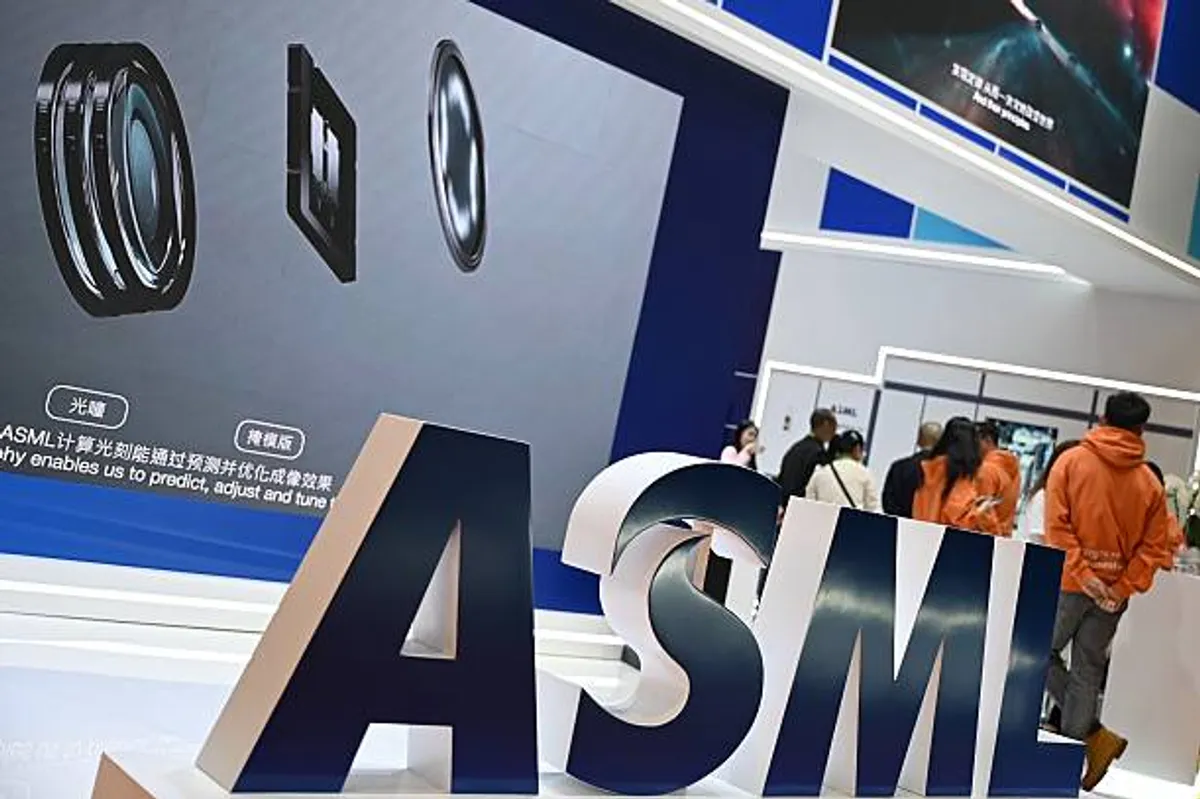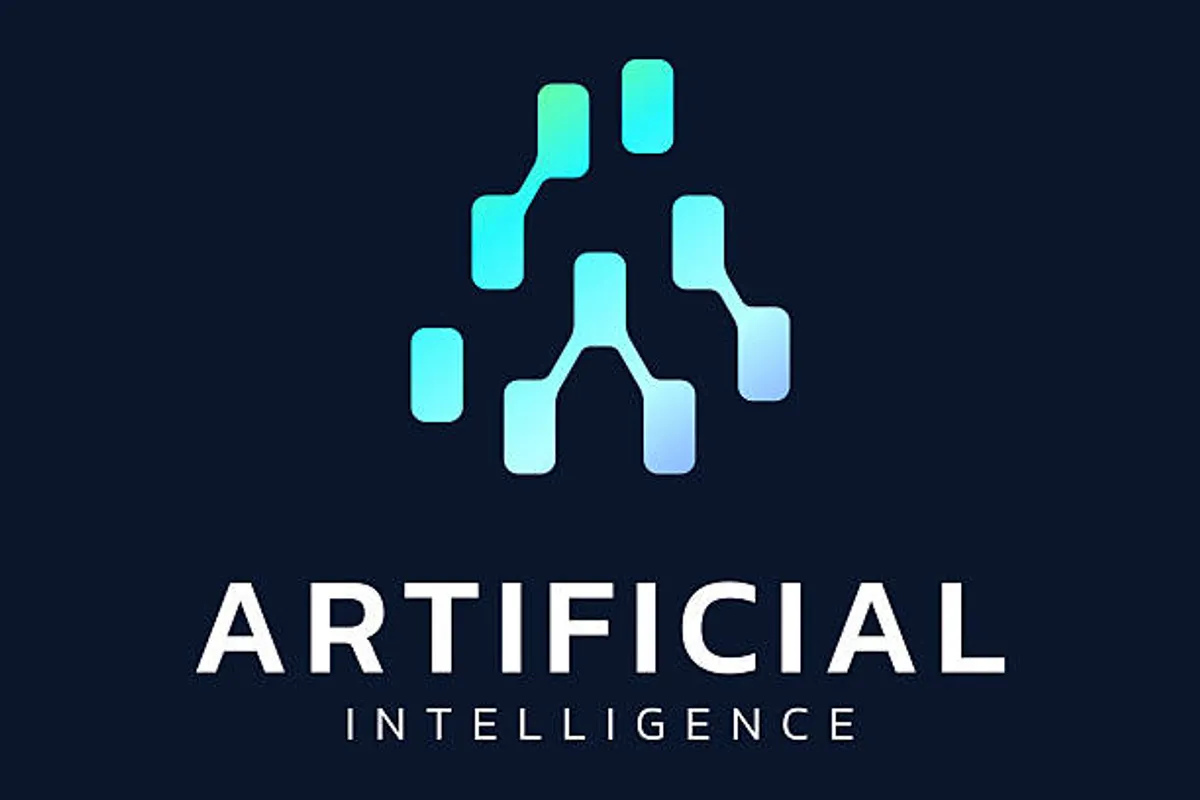Volkswagen Says Rivian JV Architecture May Extend to Combustion Cars

GeokHub

Volkswagen Group announced that the software and electronics architecture being developed through its joint venture with Rivian Automotive could eventually be extended to internal-combustion engine (ICE) vehicles, although the current focus remains on battery-electric vehicles (BEVs). The partnership, formed to create a scalable, next-generation vehicle platform, is part of Volkswagen’s strategy to catch up with competitors offering advanced vehicle software and electronics.
Carsten Helbing, co-CEO of the joint venture, said that while BEV implementation remains the clear priority, the architecture is “extremely capable” and could support different drivetrain configurations in the future. By building a flexible software-defined vehicle platform, Volkswagen aims to deploy the technology across its brands, starting with upcoming models slated for 2027 onward.
Analysis / Impact:
The announcement signals a significant strategic shift for Volkswagen. Historically focused on traditional automotive hardware, the company now emphasises software-defined architectures that offer flexibility across electric and potentially combustion platforms. This dual-capability approach positions Volkswagen to adapt to uncertain market trajectories—particularly if ICE vehicles remain relevant in some regions.
For the global automotive industry, this move illustrates how legacy manufacturers are hedging their technology bets. While the transition to EVs continues, building common platforms that can serve both future BEVs and existing ICE fleets offers risk mitigation and efficiencies. For markets like Nigeria and across Africa, it suggests potential longer-term relevance of ICE vehicles supplied or retrofitted with advanced software platforms, but underscores that the big innovation premium lies with electrification and digital vehicle architecture.
Overall, the decision reflects that the transition toward electric mobility will not simply mean the end of traditional engines, but rather a re-engineering of vehicle architecture to make hardware agnostic. Volkswagen’s approach could influence how other automakers think about platforms, lifecycle planning and geographic variation in vehicle tech requirements.








